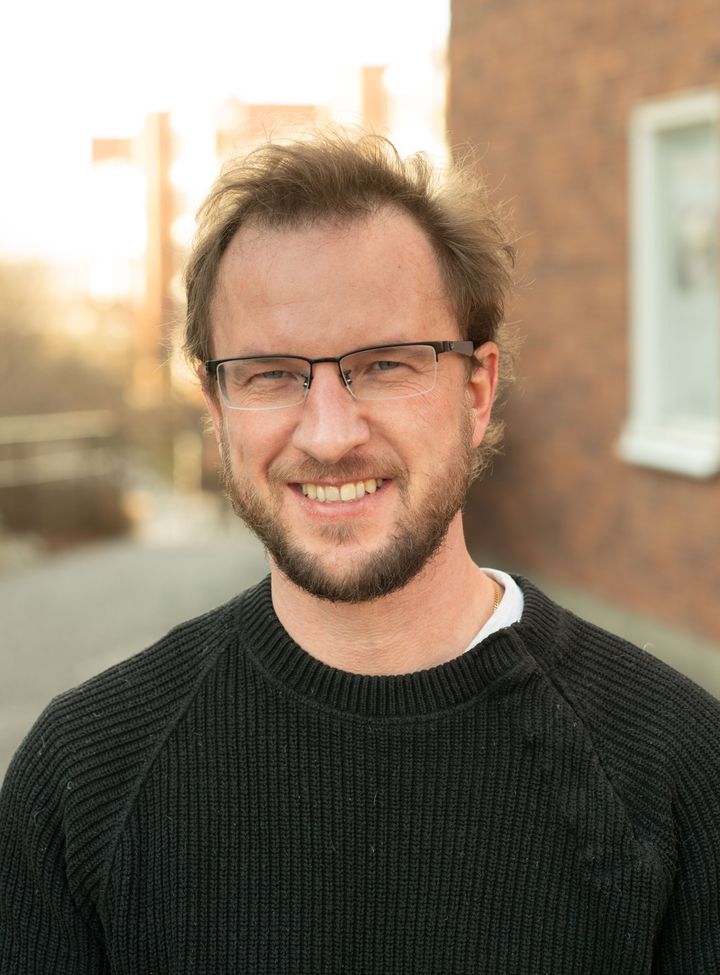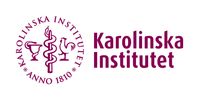New mechanism of bone growth discovered
[PRESS RELEASE 2019-02-27] In a paper published in the journal Nature, an international research team led by researchers at Karolinska Institutet in Sweden report that bone growth in mice takes place in accordance with the same principles as when new cells are constantly produced in blood, skin and other tissue. This contradicts the previous understanding that bone growth depends on a finite number of gradually consumed progenitor cells. If the new findings also apply to humans, they could make an important contribution to the treatment of children with growth disorders.

The growth of children's bones depends on growth plates (physes) situated close to the end of all long bones in the body. These plates consist of cartilage cells, chondrocytes, that form a kind of scaffold supporting the formation of new bone tissue, and that are themselves generated from stem-cell like progenitor cells called chondroprogenitors.
For long bones to grow properly, chondrocytes must be generated constantly throughout the growth period. The general view in the field has been that there is a limited number of progenitor cells that are formed during embryonic development and then consumed for bone growth until they run out and we stop growing. In an attempt to ascertain whether or not this is true, researchers at Karolinska Institutet decided to study the formation of chondrocytes in mice.
”What we found was that small 'clones' of cells were generated from the same progenitor cells during embryonic development, which is in line with the current view,” says research group leader Andrei Chagin, docent at the Department of Physiology and Pharmacology, Karolinska Institutet. ”But after birth there were dramatic changes in cell dynamics and large, stable clones were formed that proved to be a consequence of how the chondroprogenitors had acquired the ability to regenerate.”
Such progenitor cell behaviour is typical for tissue that constantly produces many new cells, such as skin, blood and intestine. For such tissue types, it has been shown that the progenitor cells are situated in a very specific micro-environment, a stem cell niche, which helps to generate the necessary cells (e.g. skin and blood cells) but also enables the progenitor cells to renew themselves. If the niche is disrupted or dysfunctional, the progenitor cells become depleted and the tissue is damaged.
The researchers have now shown that there is a stem cell niche in growth plates too, at least in mice, and that bone growth ceases if this local micro-environment is disrupted, implying that bone growth follows a completely different principle to what was once thought.
”If it turns out that humans also have this growth mechanism, it could lead to a significant reassessment of numerous therapeutic approaches used for children with growth disorders,” says Dr Chagin. ”The mechanism could also explain some previously puzzling phenomena, such as the unlimited growth seen in patients with certain genetic mutations.”
The study was financed by the Swedish Research Council, StratRegen (Karolinska Institutet), the King Gustaf V 80-year Foundation, the Swedish Cancer Society, the Swiss National Science Foundation, EMBO, the Frimurare Barnhuset (Masonic children's home) Foundation, the Foundation for Child Care and the Grant Agency of the Czech Republic.
Publication: ”A radical switch in clonality reveals a stem cell niche in the epiphyseal growth plate”. Phillip T Newton, Lei Li, Baoyi Zhou, Christoph Schweingruber, Maria Hovorakova, Meng Xie, Xiaoyan Sun, Lakshmi Sandhow, Artem V Artemov, Evgeny Ivashkin, Simon Suter, Vyacheslav Dyachuk, Maha El Shahawy, Amel Gritli-Linde, Thibault Bouderlique, Julian Petersen, Annelie Mollbrink, Joakim Lundeberg, Grigori Enikolopov, Hong Qian, Kaj Fried, Maria Kasper, Eva Hedlund, Igor Adameyko, Lars Sävendahl, Andrei S Chagin. Nature, online 27 February 2019, doi: 10.1038/s41586-019-0989-6.
Contacts
For more information, please contact:
Andrei Chagin, docent
Department of Physiology and Pharmacology, Karolinska Institutet
Phone: +46 70 162 86 25
Email: andrei.chagin@ki.se
Phillip Newton, researcher
Department of Physiology and Pharmacology, Karolinska Institutet
Phone: +46 73 675 36 45
Email: phillip.newton@ki.se
Images

Karolinska Institutet (http://ki.se/english) is one of the world’s leading medical universities. Its vision is to significantly contribute to the improvement of human health. Karolinska Institutet accounts for the single largest share of all academic medical research conducted in Sweden and offers the country’s broadest range of education in medicine and health sciences. The Nobel Assembly at Karolinska Institutet selects the Nobel laureates in Physiology or Medicine.
Subscribe to releases from Karolinska Institutet - English
Subscribe to all the latest releases from Karolinska Institutet - English by registering your e-mail address below. You can unsubscribe at any time.
Latest releases from Karolinska Institutet - English
New method reveals how the brain and inner ear are formed3.4.2025 20:00:00 CEST | Pressmeddelande
Researchers at Karolinska Institutet have developed a method that shows how the nervous system and sensory organs are formed in an embryo. By labelling stem cells with a genetic ‘barcode’, they have been able to follow the cells’ developmental journey and discover how the inner ear is formed in mice. The discovery, published in Science, could provide important insights for future treatment of hearing loss.
Fluoride in drinking water is associated with impaired childhood cognition7.3.2025 15:30:00 CET | Pressmeddelande
Elevated concentrations of fluoride can occur in well water, and in some countries, it is added to drinking water to counteract caries in the population. A study from Karolinska Institutet in Sweden now supports a few previous studies indicating that exposure to fluoride during the fetal stage or early childhood may impair cognition in children. The study is published in the journal Environmental Health Perspectives.
Children with ARFID face increased risk of disease17.2.2025 17:00:00 CET | Pressmeddelande
Children with avoidant restrictive food intake disorder (ARFID) have an elevated risk of developing psychiatric and physical conditions, a new study from Karolinska Institutet published in JAMA Pediatrics reports. The study highlights the importance of early identification to improve care of these children.
Preterm babies receive insufficient pain management27.1.2025 15:29:17 CET | Pressmeddelande
A large proportion of babies born very early need intensive care, which can be painful. But the healthcare system fails to provide pain relief to the full extent. This is shown by the largest survey to date of pain in neonatal care, now published in the journal Pain.
New study paves way for immunotherapies tailored for childhood cancers20.1.2025 17:00:00 CET | Pressmeddelande
Researchers at Karolinska Institutet and the Astrid Lindgren Children’s Hospital in Sweden have determined how children’s immune systems react to different kinds of cancer depending on their age. The study, which is published in the journal Cell, reveals significant differences between the immune response of children and adults, and has the potential to lead to new tailored treatments for children with cancer.
In our pressroom you can read all our latest releases, find our press contacts, images, documents and other relevant information about us.
Visit our pressroom